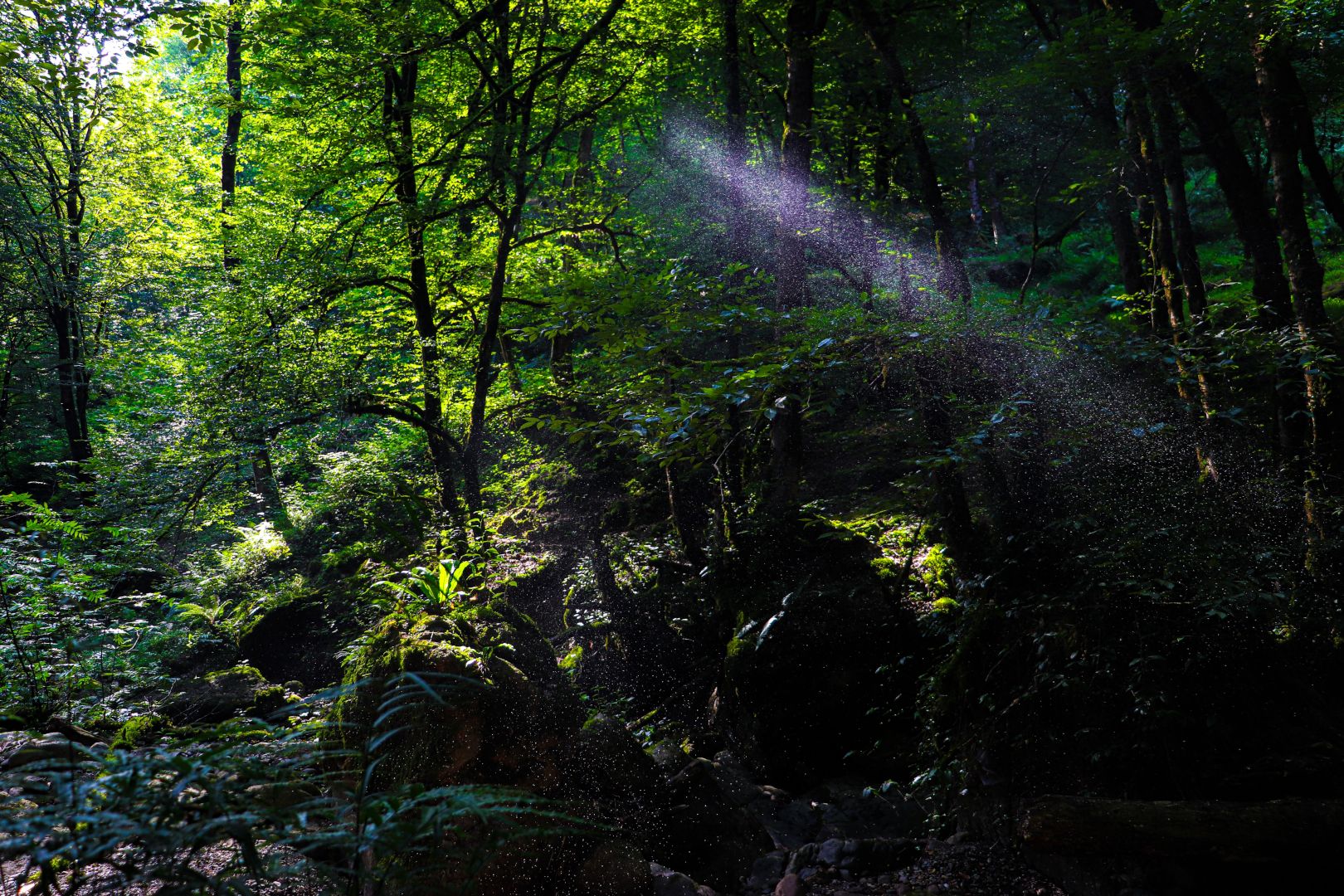By Rebecca Wildbear
I was diagnosed with cancer when I was 21. Scientifically, the odds were that I would die. They could have rolled me aside and let it happen, but doctors and loved ones did what they could to keep me alive. They tried to save my life even though they did not know if it would work.
The Earth is suffering. She does not want her rivers poisoned and dammed, her mountains blown up and mined, or her ecosystems and biodiversity destroyed. If she received the same care as me, perhaps we could stop the harm. Efforts to help show care and respect, whatever tomorrow brings.
When I have been abused, the most painful part is when no one sees it. Dismissing the harm that is happening to the Earth makes us complicit, even if particular philosophies seem to justify it (Doctrine of Discovery, Manifest Destiny, the American Dream, Gaia theory, the Sixth Mass Extinction, “it’s already too late”).
If your child or lover were drowning or trapped in a burning house, you would try to save them. If it’s a reflex to save our endangered loved ones, why can’t we develop an auto-response to save bears, prairie dogs, mountain lions, horses, and forests?
To belittle or discourage those who work to save the last remaining species and wild places seems like a betrayal of the Earth and those on the front-lines, the majority of whom are indigenous peoples (whose on-going genocide feeds the destruction of the planet).
Social psychology reveals that individuals commonly find ways to ignore those being harmed and consciously or unconsciously align with those in power, because it is safer.
Humans have imagination, soul, and agency. We can listen to the Earth, not only for our own re-wilding, but for what species, land, and ecosystems need too.
Rivers, forests, and oceans can be restored. Once they are, the climate dramatically improves. Perhaps humans can stop those destroying the biosphere and the last remaining species and lands. Why not support those who try?
Visit a clear-cut forest, plowed prairie, or concreted wetland. Ask them what they need. Ask the squirrels, rabbits, owls, and blue jays who live once lived there. Ask the bears in Asia, tortured for their bile, if their suffering is Gaia’s plan. Ask wild buffalo or horses routinely slaughtered, if people should stop helping them because it’s too late. Ask the last remaining birds, orcas, polar bears, fish, rhinos.
“Please help us,” they tell me. Don’t take my word for it. Go ask them yourself. The narratives and people that inspire me most are the ones that make listening, honoring, and keeping alive these voices central.


Anyone who still thinks the majority of people trying to save the planet are indigenous hasn’t been paying attention. The numbers are there. The problem is that too few are willing to go beyond protest, and really do something about it.
And “really doing something” doesn’t mean marches and petitions. Nor does it mean breaking windows, trashing downtown stores, or randomly starting fires. Such actions only result in portraying the resistance as a childish rabble or a mob of looters, shoplifting en masse.
We’ll know the resistance is serious when it starts shutting down airports and refineries, and blocking access to seaports, slaughterhouses, and chemical plants. The solution won’t be in sight until we start acting like “mass extinction” and “catastrophic climate change” aren’t just media phrases, but deadly attacks on everyone.
As is, a neutral observer might conclude that all we’re facing is a few inconveniences, rather than a capitalist conspiracy against life on Earth.
Wake up, people! This is war! You’d fight back if your mother or child were being assaulted — and THEY ARE BEING ASSAULTED. Rivers, oceans, forests, and the air that we breathe are being systematically destroyed in the name of “profit” and “progress.”
What does it take for humanity as a whole to realize this isn’t a power outage at the grocery store? It’s a global Pearl Harbor. But instead of a foreign navy, the enemy is our own greed, and a philosophy that regards nature not as family, but as a “resource” to be raped and destroyed. The “economy” our “leaders” portray as a god is a suicidal cult.
Fifty years ago, a satirical magazine described the 1970s as “the decade that ate its young.” The writer was on the right track, but didn’t see the big picture. Our civilization is eating itself, consuming the biosphere like a flesh-eating bacteria. And if we don’t rise up and kill it, it will swallow us all.